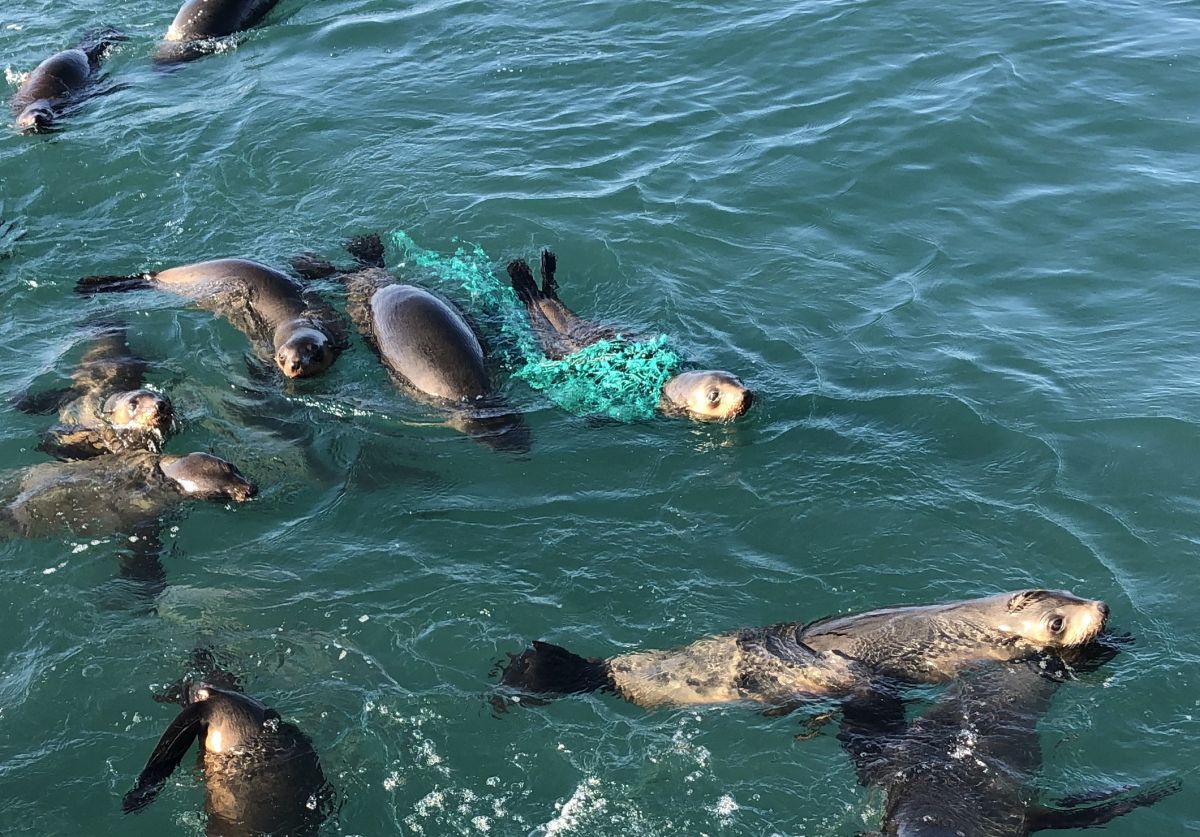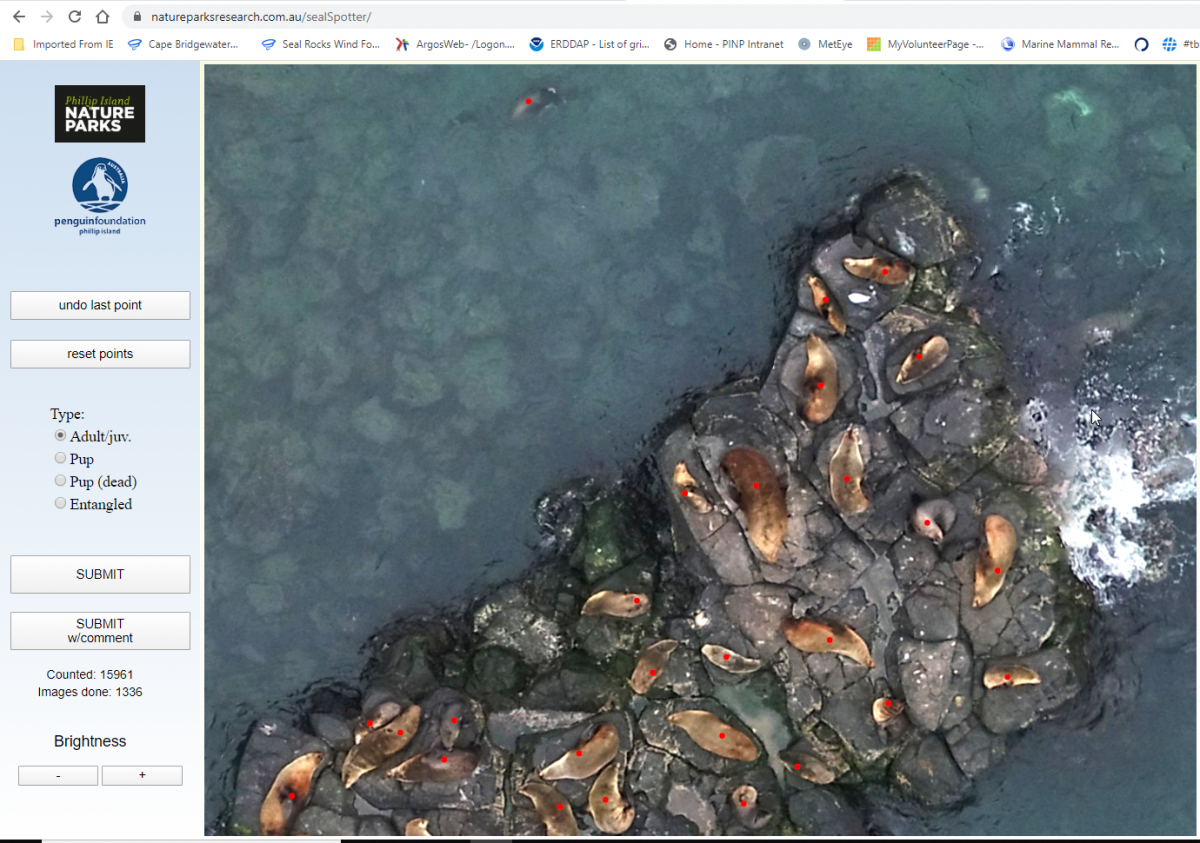![]()
Winner - Distinction in biodiversity and ecosystem conservation
(Professional agencies, large organisations and industry)
The Phillip Island Nature Parks’ ‘Seals as Ecosystem Sentinels’ project aims to understand the changing marine ecosystem to improve ecosystem health for seals and overall biodiversity. As marine predators at the top of the food chain, seal illustrate environmental changes and are easily sampled by researchers because they come ashore in high numbers and have a synchronised annual breeding season.
Colonial sealers rapidly altered the Bass Strait food chain, hunting Australian Fur Seals to near extinction. The population recovered in the 1900s through to 2007, but pup numbers have reduced dramatically over the past ten years. The 2017 census revealed a loss of up to 27% of pups born globally (-32% at Seal Rocks). Researchers were uncertain as to whether the alarming decline was due to lost breeding females or reduced birth rates.
The multi-faceted research program recognised that climate change is a major threat causing rising sea levels, increased storm surges and changes to the food web. It also noted growing pressure on the ocean from urbanisation and human factors such as plastic pollution. In response to declining pup numbers, Phillip Island Nature Parks initiated multiple measures with the community and collaborators. Traditional seal colony surveys being held every five years are logistically complex, expensive and can cause disturbance. But use of drones enabled surveys to be conducted every two months, and five times during breeding season. With thousands of images to count, an online portal ‘SealSpotter’ enabled a global network of citizen scientists to participate in counting seals.
The analysis of images detected more frequent trawl net entanglements. Phillip Island Nature Parks were able to identify the opportunity to partner with commercial fishers through the South East Trawl Fishing Industry Association (SETFIA) to promote sustainable waste practices on commercial vessels. The Bins on Boats project received funding under the Victorian Biodiversity Strategy to reduce marine pollution. In addition to this, scat analysis from Seal Rocks identified the presence of microplastics, prompting partnerships with various community groups working on beaches across Victoria to assist in the fight to stop marine pollution.
Together, the enhanced data collection enables managers to more quickly detect changes and respond. The methodologies championed by Phillip Island Nature Park hold promise for management of other species and ecosystems, as the non-disruptive approach allows rapid detection of changes and can identify priorities for targeted responses.










Page last updated: 20/11/20